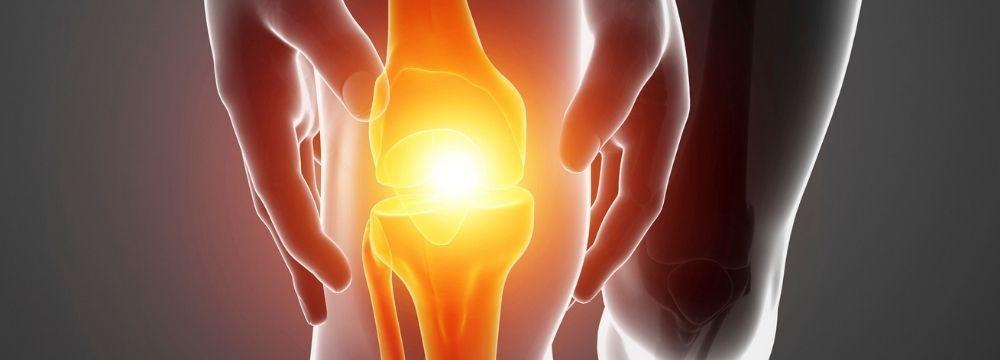Archives: February 2022
Having an Orthopedic Procedure After Bariatric Surgery

Decades of excess weight may have caused you to experience significant joint pain. This joint pain is common in those suffering from obesity and is called osteoarthritis. Osteoarthritis occurs when the soft cartilage between our joints, which essentially acts as a protective layer between bones, begins to degrade. You can imagine how the constant excess weight rubbing on the structures can wear them down over time. The result can be significant pain that may lead to the need for joint replacement surgery. Most commonly, this occurs in the knees and hips, but can occur almost anywhere in the body. If you have visited an orthopedic surgeon about your chronic pain, and you have a BMI of over 40, you’ve likely been told that a procedure is too risky and that you must lose some weight prior to surgery.
Navigating the Pre-op Bariatric Liver Shrink Diet

Depending on your circumstance, your bariatric surgeon may require that you participate in a low-calorie preoperative liver shrink diet, lasting anywhere from five days to two weeks, several weeks prior to surgery. This diet is very restrictive and like what you will experience in the liquid diet for the first week or so after surgery. And there is very good reason for this. When we perform bariatric surgery, we are visualizing the abdominal cavity and stomach. The liver is close by, and a larger, fattier liver means less visibility. As you can imagine, visibility is one of the most important components of a successful laparoscopic or robotic surgical procedure.
With our patients suffering from morbid or even extreme obesity, the safety and effectiveness of the bariatric procedure may be compromised without this preoperative diet.
How Do I Get Through This Diet?
Many patients look at the pre-op liver shrink diet with trepidation. How is it possible to eat just several hundred calories a day and keep my head on straight? To be sure it is daunting; but we first must remember that this is a necessity for a safer and more effective procedure. As such, it should be taken seriously.
Second, this pre-op diet gives you a glimpse into what you will experience in the first weeks after bariatric surgery. Remember, today you have all your faculties about you, but after surgery, you will be recovering from physical trauma, as well as some brain fog associated with the anesthesia and maybe a couple days of narcotic medication. Knowing what to expect now can help you be sure to follow the appropriate diet later.
Third, remember that the first two days are the hardest and it gets easier from there. You may have tried to fast before, and you’ll probably remember that you had a day or two of feeling downright terrible — hungry, headache and more. This is totally normal and usually subsides by day three. In fact, halfway through your first week, you should feel more energy and just feel better than you may have in a long time.
This is also a reminder of what a big decision you’ve made. You may have had your share of naysayers tell you that bariatric surgery is the easy way out. However, nothing could be further from the truth. This is the first glimpse of the challenges you will face as you lose weight and change your life. Nothing is easy, so be sure to redouble your efforts and follow your pre-op diet closely. It’ll serve to get you started on the right track.
Finally, remember that you are not alone. You can always contact us for guidance. Beyond our practice, which will be side-by-side with you throughout this journey, there are friends, family members and prior bariatric patients who can support you and cheer you on as you claim your new life.
